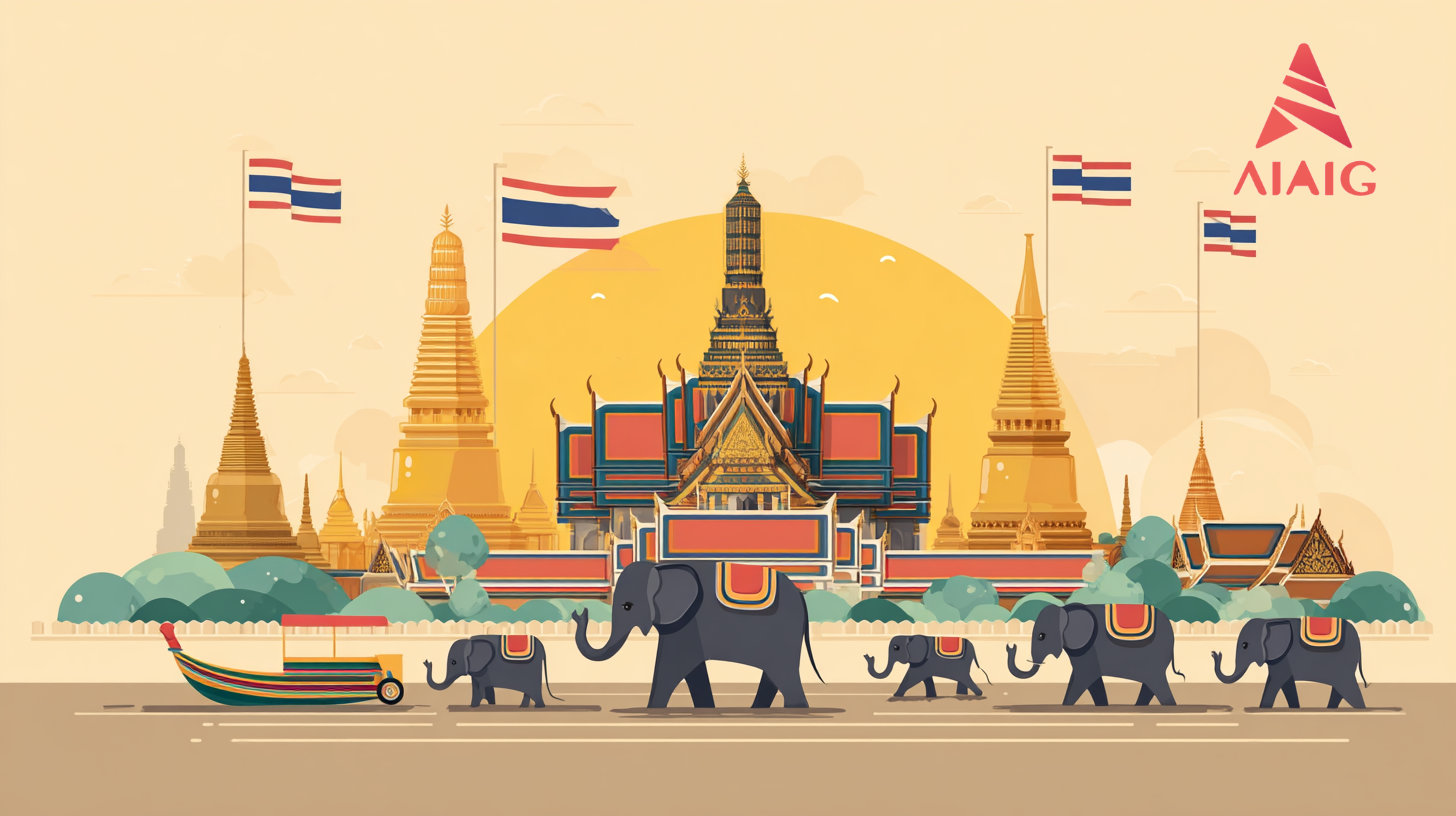AIAIGAnswer
As of 2025, Chinese ordinary passport holders traveling to Thailand generally have four main pathways:
1. Mutual visa exemption + 60-day visa-free expansion
- The mutual visa exemption agreement for ordinary passports between China and Thailand took effect on March 1, 2024, providing Chinese passport holders with visa-free stays of up to 30 days per entry and a cumulative total of no more than 90 days within 180 days, applicable for short-term activities such as tourism, business visits, and family visits.
- Subsequently, Thailand introduced a visa-free expansion policy, including China in the list of over 90 countries eligible for 60-day visa-free stays: single entry allows for a visa-free stay of 60 days, with the possibility to apply for an extension of up to 30 days at the Thai Immigration Bureau, totaling approximately 90 days. The actual duration is subject to the date stamped on the entry permit.
2. Ordinary visa / e-Visa
- For those needing longer stays or with more complex purposes, it is necessary to apply in advance through the official Thai electronic visa system or at Thai embassies/consulates in China. Corresponding visa types include: Tourist Visa TR, Multiple Entry Tourist Visa METV, Business/Work Visa Non-B, Student Visa Non-ED, Retirement Visa Non-O/O-A/O-X, Long-Term Resident Visa LTR, Destination Thailand Visa DTV, etc.
3. Visa on Arrival VOA (of limited practical significance for Chinese travelers)
- Thailand retains a 15-day visa on arrival system for some countries, but China already enjoys more favorable visa-free treatment. Under normal circumstances, VOA is not necessary and is only considered in rare cases of temporary policy adjustments or special transit situations.
4. TDAC electronic arrival card
- Starting in 2025, Thailand is gradually replacing the traditional paper TM6 form with the TDAC digital arrival card. Most foreign travelers are required to fill out personal information, itinerary, and accommodation details online via the official website or a mini-program several days before arrival, and present it for inspection upon entry.
Overall, the Thai visa framework for China in 2025 exhibits two main characteristics:
- High convenience for short-term tourism and business (visa-free + digitalization), but with enhanced border management through TDAC, financial checks, and risk screening;
- Medium to long-term residence, work, study, and retirement are managed through stratified visa pathways such as Non-B, Non-ED, O-A/O-X, LTR, DTV, and Thailand Privilege.

